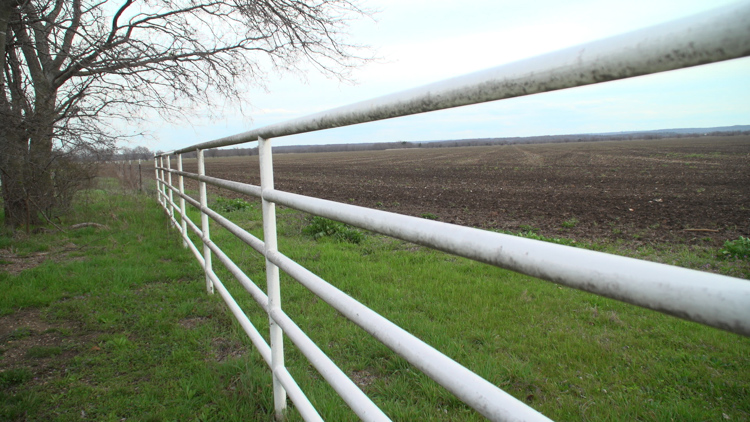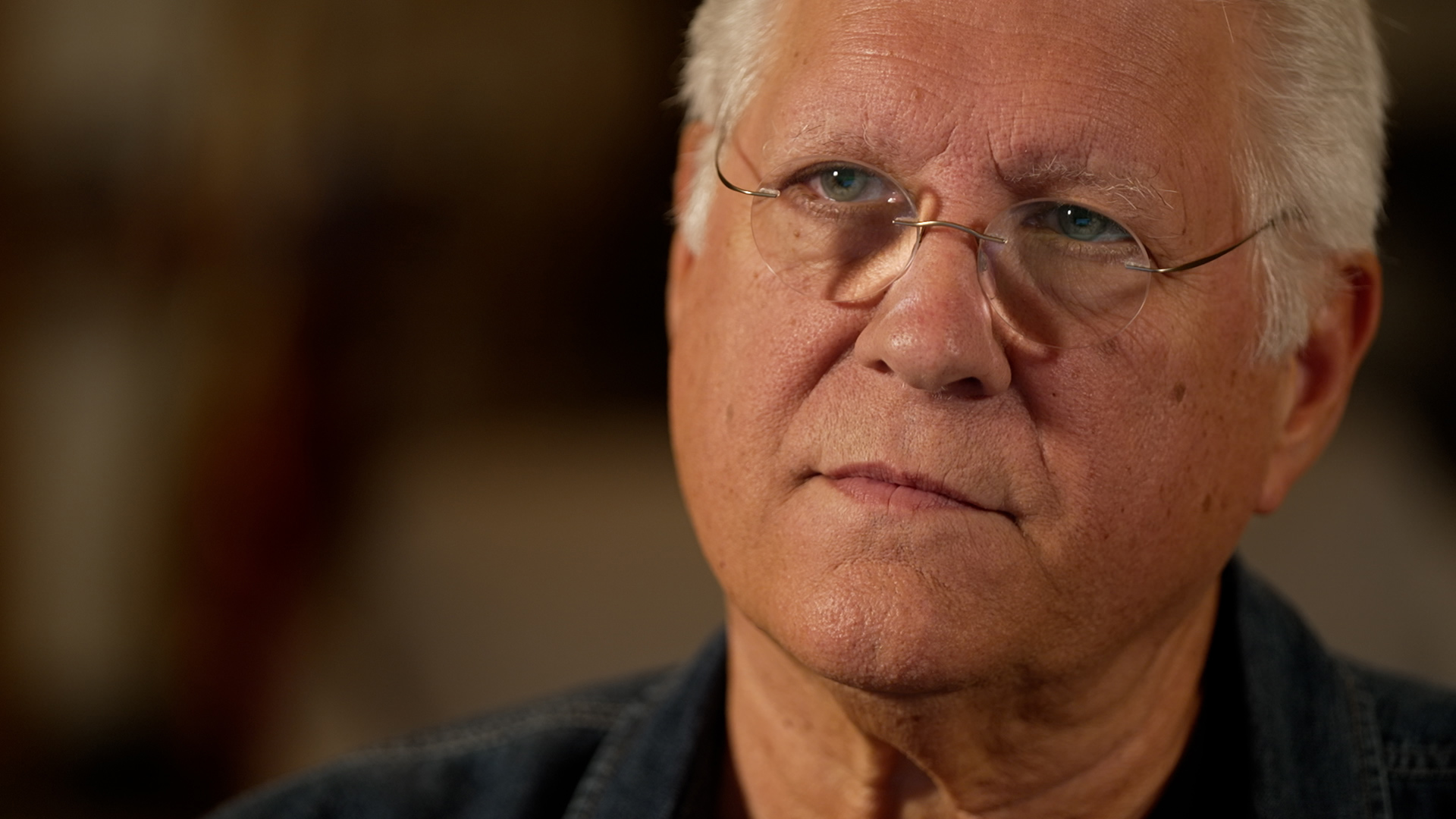DALLAS — The Environmental Protection Agency is awarding $3.2 million, split between two Texas universities, to research the impact of biosolids known as PFAS on farmlands and livestock.
Texas A&M and Texas Tech will receive $1.6 million apiece as part of the grant, the EPA announced Thursday.
Each university will have certain focus areas on the project, which is aimed at collecting more data about per- and polyfluouroalkyl substances -- known as PFAS or "forever chemicals." Texas ranchers over the last year have raised concerns about the impact of PFAS on their lands and livestock.
“Farming communities are the lifeblood of this nation,” said Christopher Frey, Assistant Administrator for EPA’s Office of Research and Development. “The research supported by these grants will increase our knowledge of how PFAS is impacting our farmlands and food supply and help ensure our farming communities stay viable for years to come.”
Ranchers in Johnson County told WFAA earlier this year that their cattle, fish and horses have died as a result of fertilizer made from treated human waste. Researchers have said such fertilizer can contain PFAS, or the so-called "forever chemicals," that can be toxic at certain levels. All humans consume some level of PFAS through household products from shampoo to carpet and frying pans. Those chemicals then end up in human waste, which has been sent to wastewater treatment facilities to create biosolids and ultimately fertilizer.
As part of the EPA research grant, Texas A&M will study PFAS uptake and bioaccumulation in plants and "advance strategies to remediate PFAS in biosolids" and the soils they end up in.
Texas Tech will investigate "potential non-traditional PFAS sources" for farming and study the impacts of manure and biosolid pre-application treatment.
Johnson County ranchers raised the alarm over PFAS earlier this year in a WFAA Investigates story.
"We are nervous, and we are scared,” rancher Tony Coleman told WFAA.
Coleman said his land was contaminated and his livestock and fish were dying because of the product his neighbor used to fertilize his crops.
“You have your whole livelihood taken from you,” Coleman said.
He said he’s had 10 cows, two horses and five ponds full of fish die.
More coverage of PFAS from WFAA:



